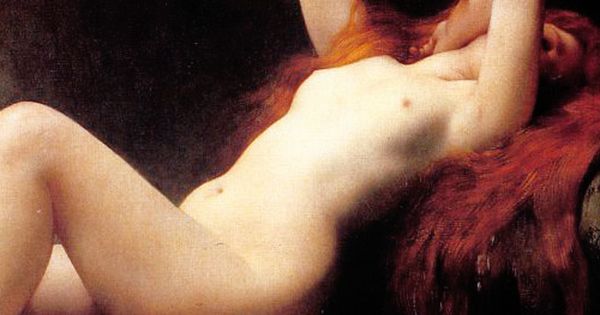 When his love he doth espy, let her shine as gloriously as the Venus of the sky
When his love he doth espy, let her shine as gloriously as the Venus of the sky
It wasn’t the flickering light in the upper storey window that drew the Watcher’s attention, for many lights vied for his attention that evening. It was a melody drifting upwards through the gradually darkening sky. A rose-gold sun set the western horizon alight as the lone figure made slow, wide circles in the radiant atmosphere.
Drawn by her irresistible presence below, he descended to the place where she now dwelt. The flame of a candle within licked gently at the surrounding air and a heady scent was carried up to him with the rising music. Deeply he inspired, considering the soul within. She was stretched like a cat upon the bed, with an open book face-down beside her on the pillow. His eye was now fixed.
One golden glance of what should be.
A powerful gust of wind blew the window open and she jumped out of her skin, shaken from her hazy reverie by the sudden noise and rush of cool air. Moving like quicksilver he silently slipped inside, permeating the chamber with a magnificent aura, the robe of divine beauty. He watched as her eyes slowly scanned the space, seeking what or whomsoever had electrified the ether, almost fully aware of the almost unexpected arrival of the thrice-descended master.
With curious concentration she listened to the voice entering her room via the radio that now seemed remarkably significant. A drama was set to unfold, of that she could be sure. Doubtless there was a kind of magic taking place right there and then, with her at the centre of its endlessly opening and closing circle. Luscious chords swelled like the rising ocean, sweeping over her body in sensuous waves. The lost history of time unfolded in his fathomless mind.
She was wearing gold-coloured sandals – shoes that were a gift from her father – and a midnight blue dress. Around her wrist was a bracelet full of charms and with his bright, ancient eyes, he saw that the necklace at her throat was made from the stuff of magic, a gift from her mystery-loving mother.
Once again he had challenged the doors of time to reach her and the wait had seemed an eternity. 2,628 years had passed since she had last been this close to him. On that occasion the moon had been perfectly halved by the shadow of the Earth. Jupiter, then, was at the same point in its orbit as it would be in precisely three and a half minutes that self-same night.
He looked over his shoulder at the gigantic sphere, which slowly turned through the expanding cosmos with an intricately complex, haunting melody. A ray of its light fell upon her in that moment and the ageless diamond of her soul began to dissolve in his mercurial presence.
One shaft of light that showed the way
A sense of fervent devotion rose up inside her like the flames of a secret fire as he stretched out his hands to touch her outspread hair.
This flame that burns inside of me is here in secret harmonies
She had dreams; he could see every colour of every scene.
One dream, one soul, one prize, one goal
With a silent whisper he reminded her of the truth:
No mortal man can win this day.
He drew a flickering moment of eternity into the infinite space between them and exhaled into her parted lips.
There can be only one….
The radio crackled and grew fainter, framing the esoteric silence like a braid of wheat, magnetising all background interference until the air grew taut as a lens, magnifying live reactions as if they were in a scene from a lyric master’s play.
Still you will always be with me, your name constantly on my lips, never forgotten
*
With quotes from William Shakespeare, A Midsummer Night’s Dream; Freddie Mercury, A Kind of Magic and a Hymn of Orpheus








